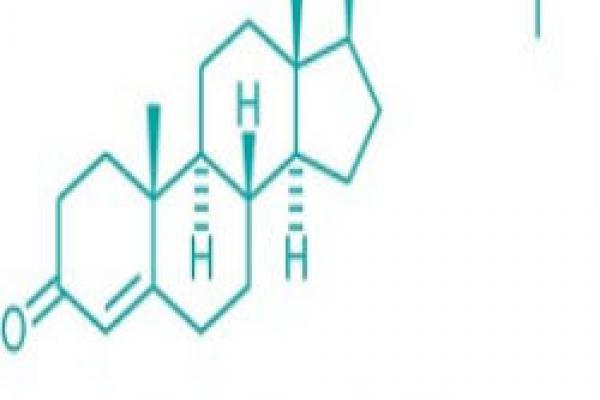Plant Used in Traditional Mayan Medicine Holds Potential Leishmaniasis Treatment

A compound isolated from a plant used in Mayan traditional medicine could be a new drug candidate for the parasitic disease visceral leishmaniasis (ACS Infect. Dis. 2015, DOI: 10.1021/acsinfecdis.5b00081). Spread by sand flies, the disease infects about 300,000 people each year, mainly in tropical regions, and can be deadly if untreated.
Current leishmaniasis drugs, however, have serious drawbacks. Many have toxic side effects, and most must be injected and require long treatment courses. Moreover, the protozoa that cause the disease, Leishmania donovani, have become resistant to some of these drugs in many parts of the world. So researchers such as Abhay R. Satoskar at Ohio State University have been pursuing alternatives.
About eight years ago, Satoskar learned from collaborators in Mexico that traditional Mayan healers in the state of Campeche used a poultice made from the roots of the plant pentalinon to treat cutaneous leishmaniasis. This nonfatal form of the disease, caused by a similar parasite, leads to skin sores. Satoskar says he was initially skeptical, but after visiting the area, he thought, “This seems to be working, whatever it is.” He and his team decided to test the compounds in the plant roots for activity against the parasite that causes visceral leishmaniasis, which targets the spleen, liver, and bone marrow.
They initially tested more than 20 compounds and discovered a novel sterol, pentalinonsterol, with strong activity against the parasites (Phytochemistry 2012, DOI: 10.1016/j.phytochem.2012.06.012). But to produce enough of the compound to evaluate it as a potential drug candidate, they needed to find a way to synthesize it.
To read the full article, please visit: Chemical & Engineering News (C&EN).
Article written by Deirdre Lockwood, published in Chemical & Engineering News
Dr. Abhay Satoskar is a Professor in the Department of Microbiology and Department of Pathology.
